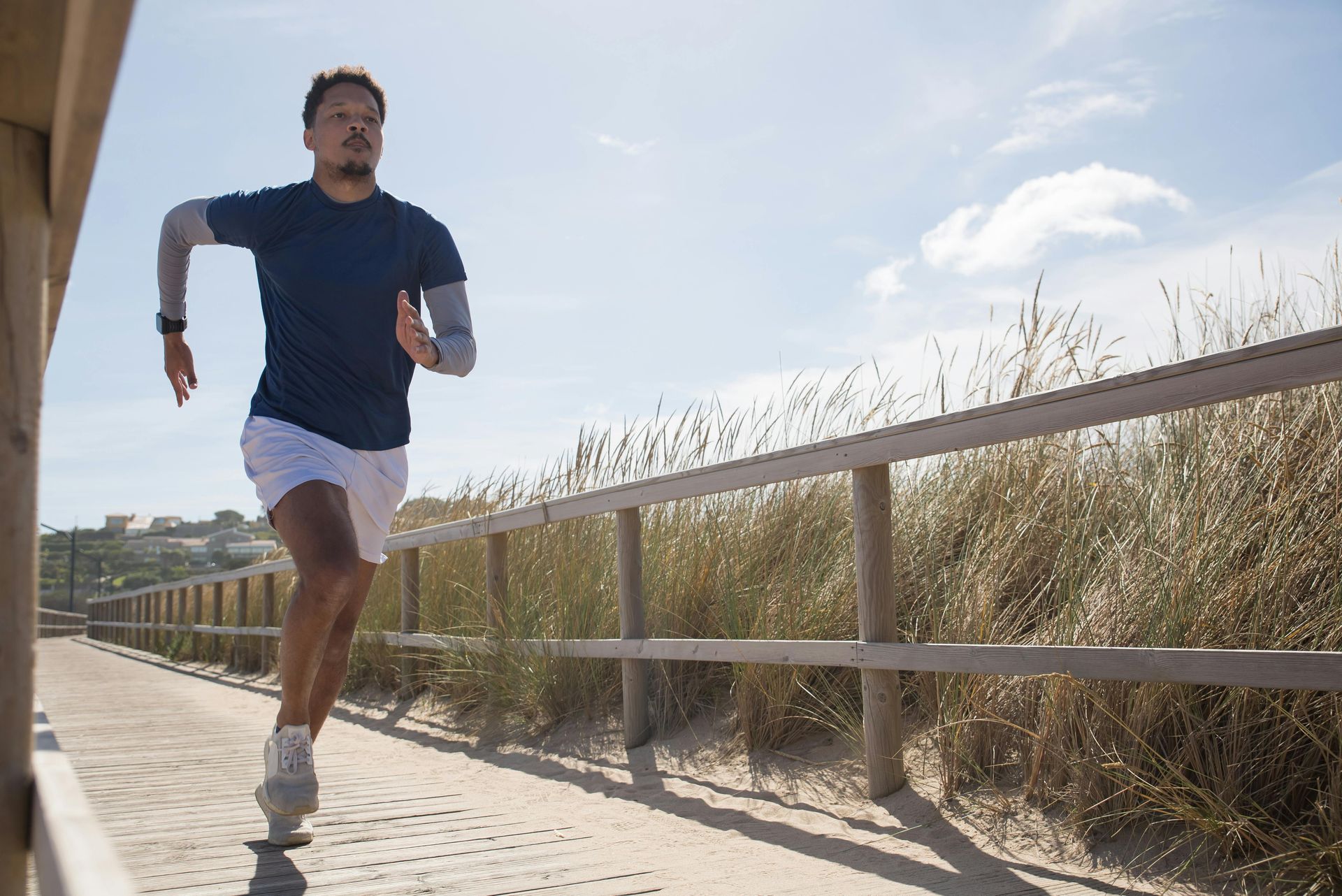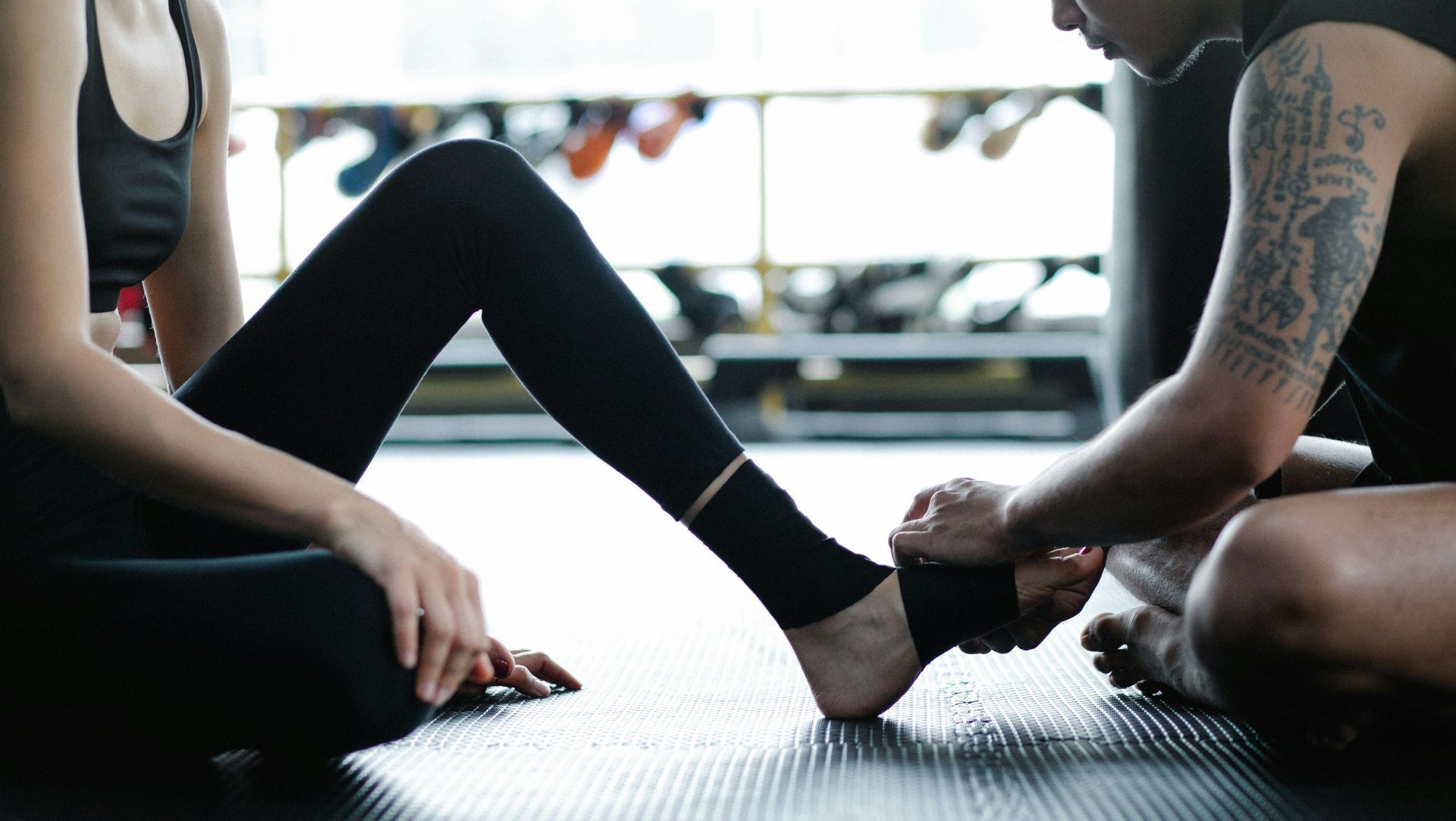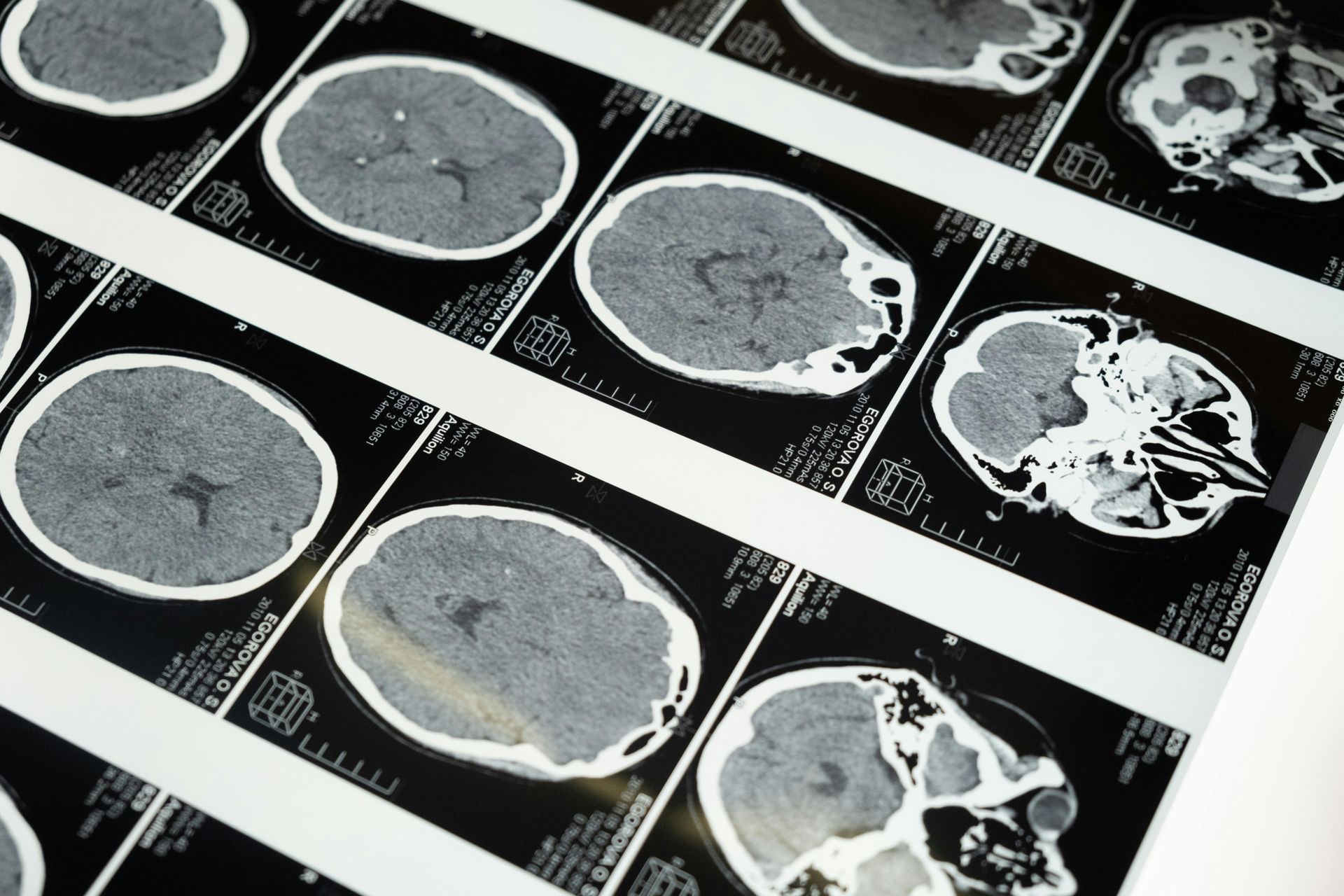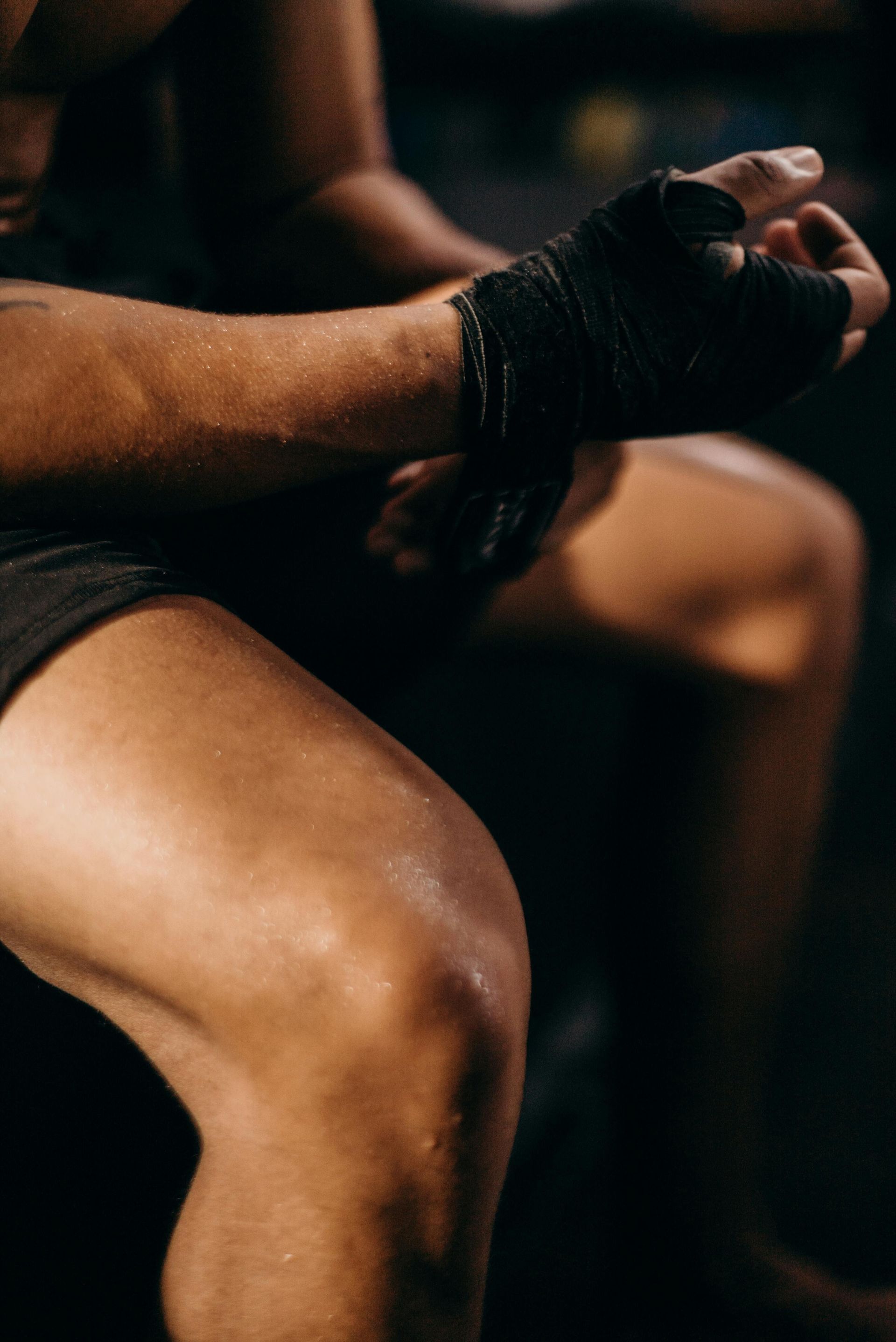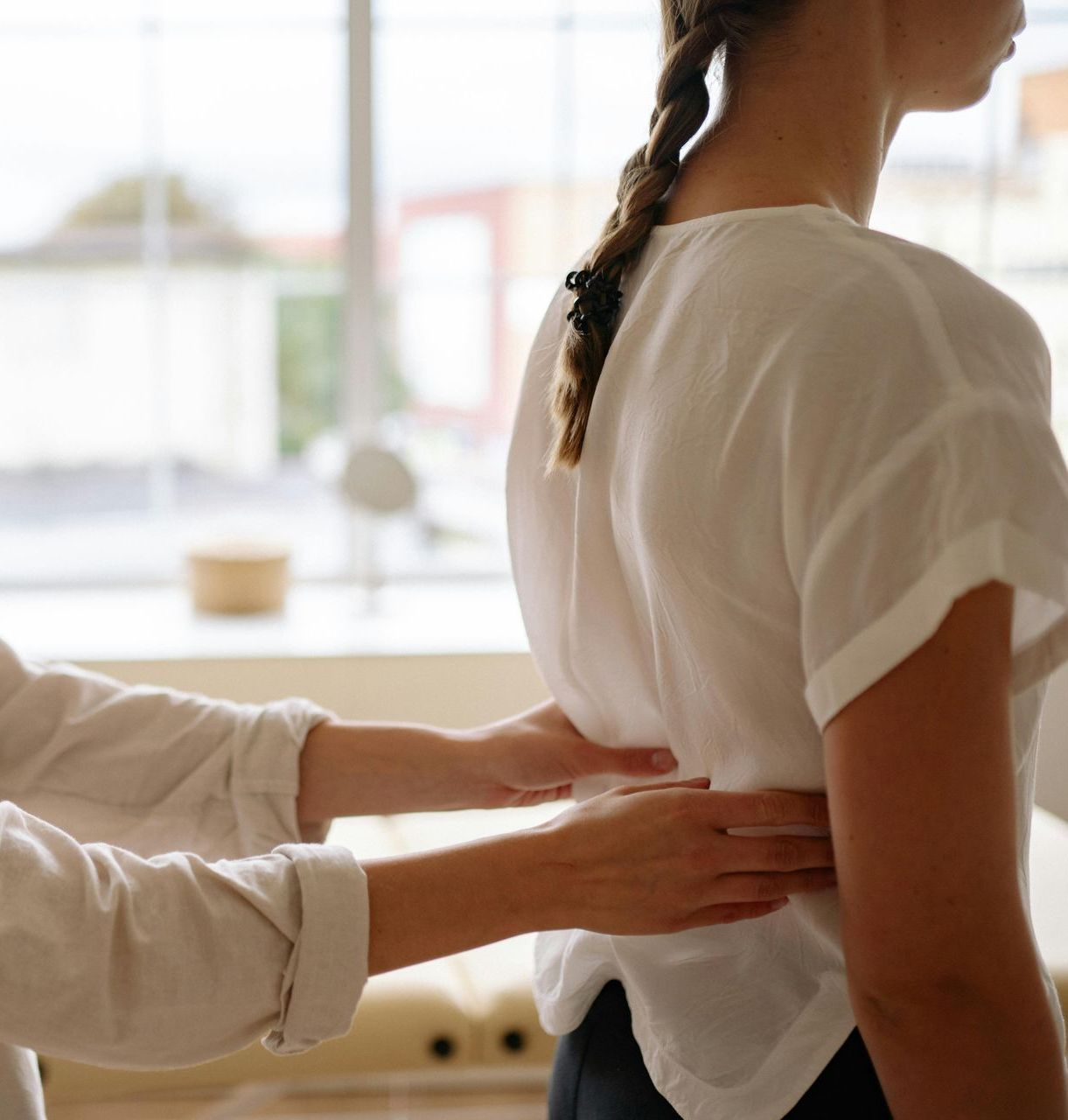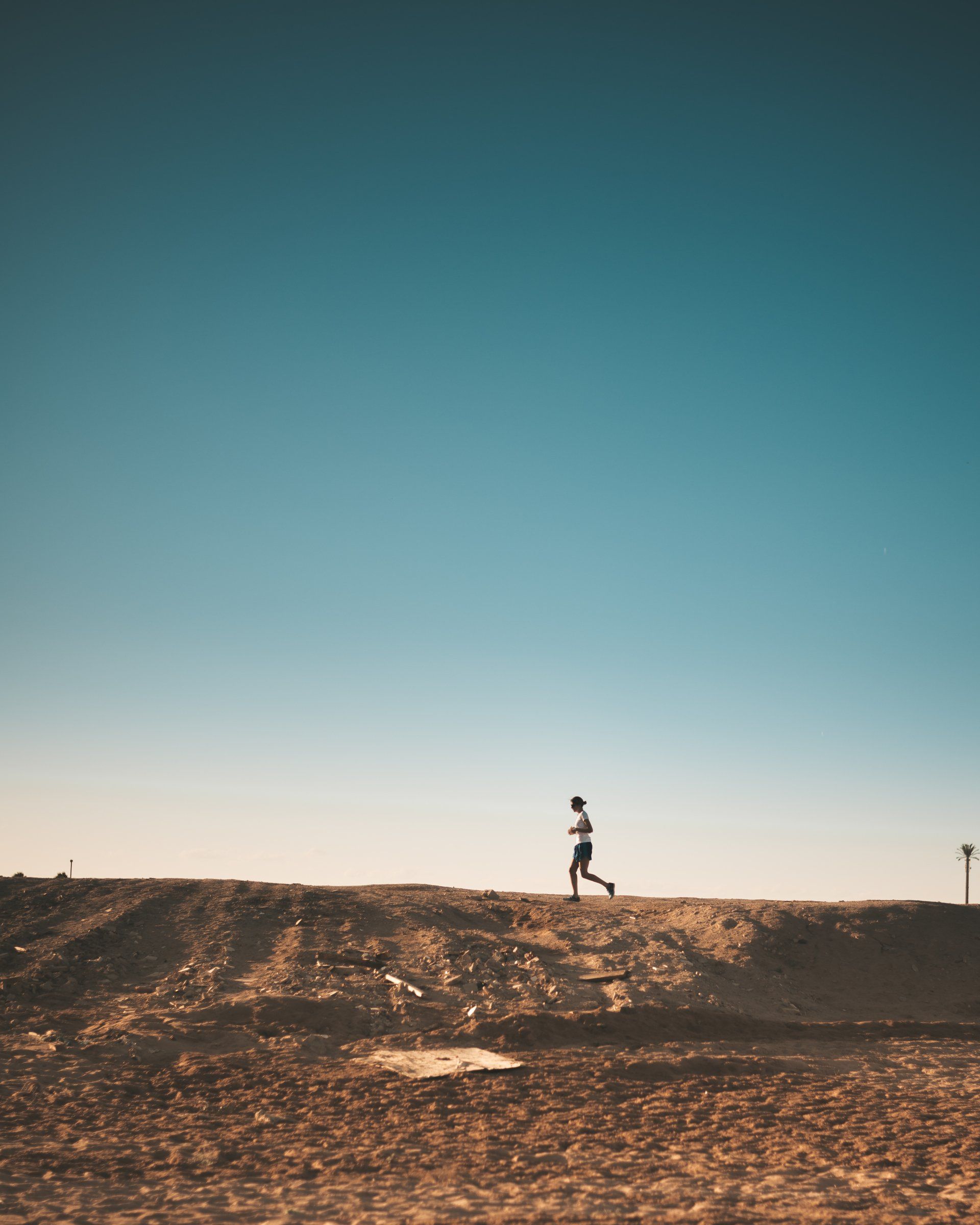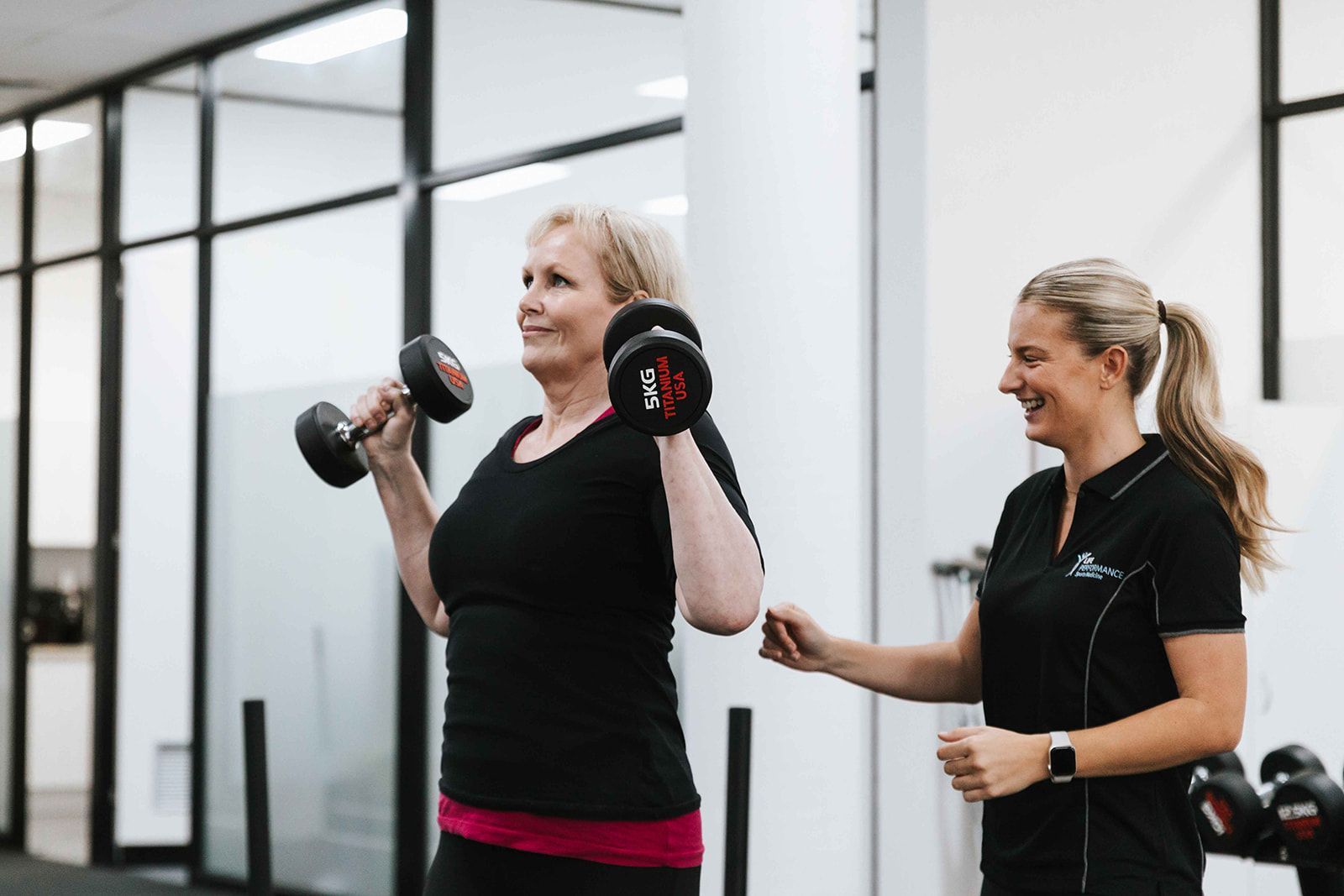The Morning Stiffness Struggle: What’s Normal and What’s Not?
Do you wake up feeling like you’ve aged 20 years overnight?
You're not alone. Morning stiffness is one of the most common complaints we hear at Life Performance Health, especially among people over 40. Whether it’s a stiff lower back, painful first steps, or trouble lifting your arm to wash your hair, it’s worth asking:
Is this normal? And what can you actually do about it?
While some morning stiffness is expected with age, certain symptoms may signal an underlying issue like
plantar fasciitis,
frozen shoulder, or
early osteoarthritis. The good news? Most of these issues are manageable with the right treatment and movement strategies.

What Is Morning Stiffness
Think of sleep as a reset button. It allows your body to repair—especially if you’re getting deep, restorative sleep. But here's the catch: when you sleep, your joints and muscles stay still for long periods. This causes fluid accumulation in soft tissues like tendons, ligaments, and spinal discs.
Ever heard you're taller in the morning? That’s actually true—your lumbar discs rehydrate overnight, adding a few millimetres to your height. (Unfortunately, not enough to dunk like MJ.)
As we age or accumulate injuries, tissues become more prone to these overnight changes. This is why you might feel
stiffer in the morning—especially in areas affected by
disc issues,
tendinopathies, or
joint degeneration.

Here’s a helpful guide:
Normal morning stiffness usually:
- Occurs in people over 35
- Eases within 15–30 minutes of movement
- Feels like tightness rather than pain
Concerning stiffness might:
- Persist for several hours or all day
- Be painful (>3/10), not just stiff
- Be accompanied by swelling, pins and needles, or weakness
- Disrupt your sleep
- Limit your ability to do basic daily tasks
If your stiffness ticks any of these boxes, it’s worth seeking professional advice.
Morning Mobility Routine (Your First Line of Defence)
Want to reduce morning stiffness? Try a simple mobility routine before breakfast. Many of our clients swear by this three-step sequence:
- Warm shower to loosen up tissues
- Short walk around the house or block
- 5–10-minute mobility flow using a broomstick
(see below for our easy-to-follow video)
These routines are even more effective when tailored to your body and injury history.
How Our Physios Can Help
At Life Performance Health, we take morning stiffness seriously.
Our physiotherapists will:
- Review your
injury and medical history
- Assess your
strength, mobility, and biomechanics
- Design a
custom rehab and mobility plan
You don’t have to wake up feeling broken. With the right guidance, you can stay strong, mobile, and pain-free well into your later years.
Ready to Get Moving Again?
👉 Not sure if your stiffness is normal?
Book a check-up with our team—because strength and mobility starts with understanding your body.
